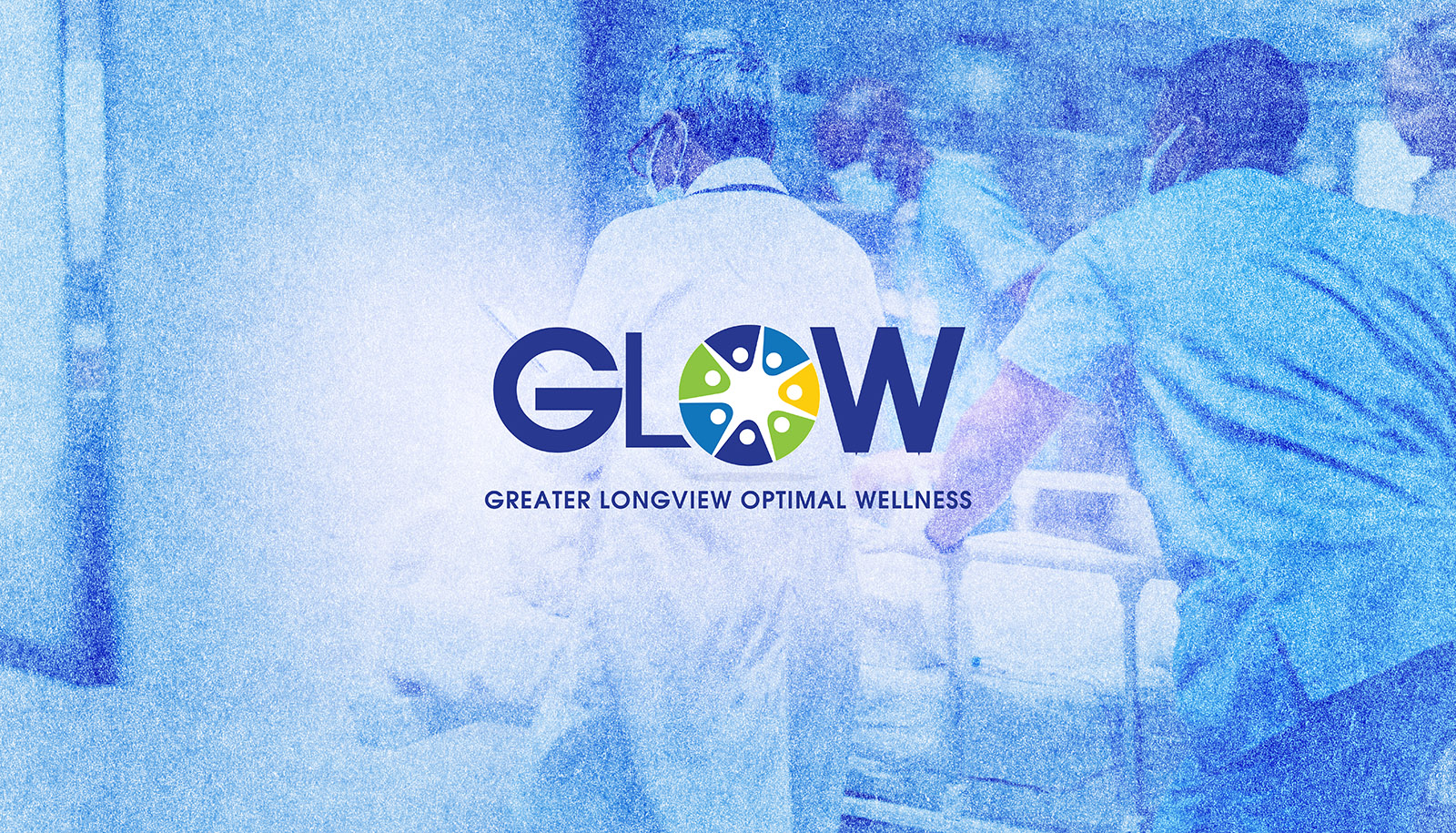
In 2021 and 2022, Aetna and Episcopal Health Foundation (EHF) collaborated to learn more about food security, centering on the everyday challenges people face while trying to meet their food needs. Departing from conventional methods, this partnership embraced a solution-oriented perspective. This Digging Deeper post is part of a blog series exploring this journey from different viewpoints.
Aetna Better Health of Texas®, a CVS Health® company, is helping to make food available across Texas through community investments from Aetna and community collaboratives focused on food security. Aetna members who need help accessing nutritious food can leverage our digital tools, member advocates and service coordination teams for individual support. Still, we know that food insecurity persists in Texas, exacerbated in part by the COVID-19 pandemic.1
In response, we looked for additional, complimentary solutions to pair with the work we and others were doing to address the growing need for food.
Aetna and EHF joined forces to explore food security using the Positive Deviance Approach, which uses solution discovery to address complex social challenges. Instead of asking, “Where is food insecurity the worst and how do we fix it?”, solution discovery asks, “Are there people who consistently have healthy food even though they’re living in the same circumstances where others do not?”
Exploring a solution discovery approach was important to Aetna for two reasons. First, it was a chance to learn from the wisdom of community partners, families and individual Texans. We hoped to support communities to find existing solutions that could be applied to similar challenges. Second, we were hopeful an initial project would influence efforts beyond what we could do on our own.
We knew trying a solution discovery approach wouldn’t be easy to explain or spark natural partnerships. EHF was the right partner to try a new approach with Aetna because they have a history of bringing together champions across sectors to look for collaborative solutions and address policy issues that matter most to the health of Texans, like non-medical drivers of health.
It was a chance to learn from the wisdom of community partners, families, and individual Texans.
What We Learned
As you’ll read in other blog posts and reports in this series, each partner that joined Aetna and EHF brought a different perspective. The following are some key findings our Aetna team learned during our initial solution discovery project.
Asking what is going well and looking for examples of what is working changes the conversation.
We’ve started including solution discovery questions in our internal work. For example, when interviewing service coordinators about housing security for members, we asked, “Tell me about members you know who have managed their housing needs better than you might have expected given the circumstance?” The question uncovered examples of successful strategies members and their service coordinators use to manage housing journeys that we did not hear when we asked about general housing challenges and barriers.
Partner engagement is different when focused on finding examples of wisdom, thriving, and resilience.
Engaging community champions seems different when the focus is on the strengths within rather than problems. We observed an enthusiasm for sharing stories and searching for what’s going well that we don’t always see when asking what’s wrong. While it’s hard to characterize this difference or its potential impact, the Aetna team now incorporates, “What’s going well?” into our conversations with providers, community groups and colleagues more often, especially after seeing the energy of groups engaged in this project.
A solution discovery approach isn’t always as comfortable as problem solving.
The most common question we get when we introduce this work to internal teams or external partners is, “Did you find an intervention you’re going to try?” Most health care clinicians train to build a base of evidence, to test fixes and to evaluate outcomes. In solution discovery, the community looks within and makes its own decisions about what and whether to share. Aetna’s role in this work isn’t to make things happen from the outside. It’s to hold space for those who are interested in having conversations and to decide on next steps. The process is continuous and may not follow the more familiar path of finding a root cause, launching our intervention and measuring impact.
The activity that grows out of solution discovery discussion is highly unique to those who join the conversation.
When you read the blog posts and project reports from our colleagues who led this work, you’ll see that the process of looking for existing solutions created transformation. It also opened doors to new collaboration among community partners to share what they’ve learned and look for more ways this approach may be useful to local organizations. With support from Aetna, Sustainable Food Center and Royal Priesthood Kingdom Mission Ministry additional positive deviance projects were launched in 2023. We’re hopeful that this continued conversation will impact nutrition security policy and solutions in Texas by finding and sharing the solutions that already exist within communities.
More from Digging Deeper

National Diabetes Month 2024: Insights from Recent EHF Learnings
Crosscutting themes surfaced from EHF’s learning and exploration of diabetes prevention interventions. Opportunities exist to increase screening to address health disparities in prediabetes and diabetes and for Texas Medicaid to explore funding models to include the CDC’s National Diabetes Prevention Program (DPP) as a reimbursable service with the intention to

The Promises of Community Paramedicine: GLOW Evaluation Update
Community paramedicine models of care provide a strategy that is working across the nation to address non-medical drivers of health. There is a growing body of evidence that programs like GLOW can address needs of the community that are beyond the capacity and reach of our traditional medicine model of

Lessons Learned from Piloting the Collaborative Approach to Public Goods Investment (CAPGI) Model in Waco, Texas
After co-funding a national CAPGI learning and feasibility planning initiative, EHF’s Shao-Chee Sim and C.J. Eisenbarth Hager share their reflections and key takeaways.